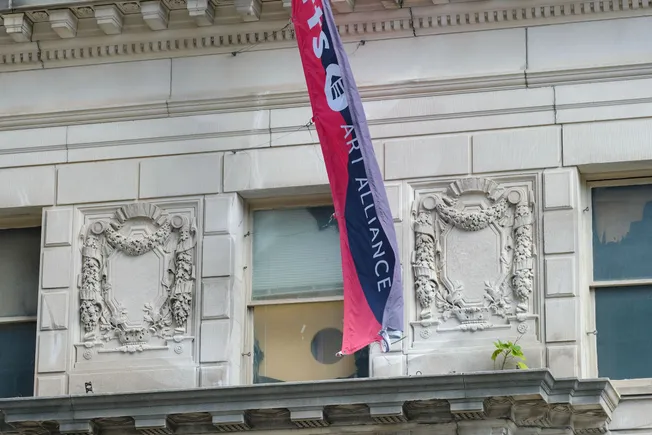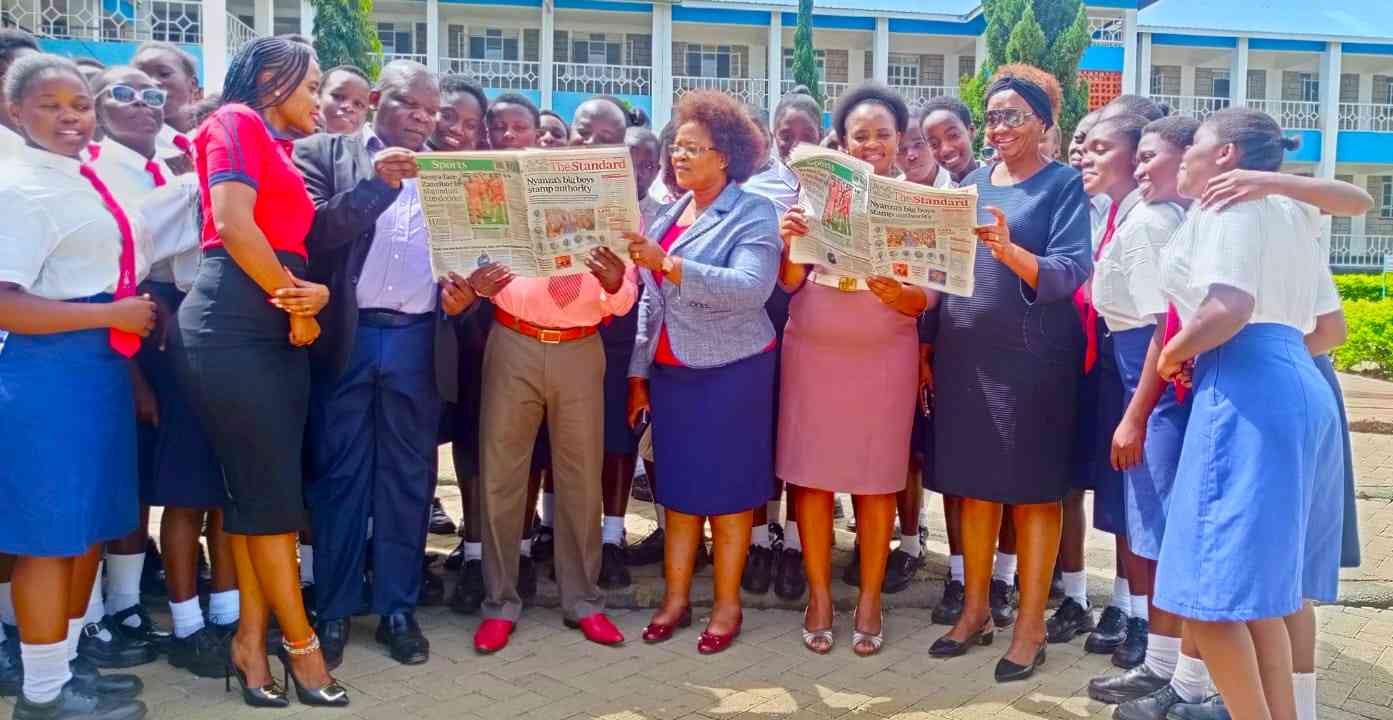The share of first-year students who are satisfied with college remains high after dipping during the pandemic, according to a new survey of 12,600-plus young adults from consultancy EAB.
Eighty-four percent of first-year students polled this winter said they were satisfied with their college experience to date. That’s up from 68% of first-year students in 2020 but down slightly from 87% of respondents in 2019. Nearly the same share of students, 83%, reported being satisfied with their first-year college experience in 2022 compared to this year.
However, satisfaction varied by income level and race and ethnicity, according to the new poll.
The survey found 87% of students with household incomes over $120,000 reported being satisfied with their college experience. That’s compared with 82% of those from families who make less than $60,000.
Meanwhile, 86% of White students said they were happy with their college experience, followed closely by 84% of Hispanic or Latine students, and then 83% of Asian students and 79% of Black students.
To explore these differences, EAB asked students about what shaped their impression of their first year of college. The consultancy found that sense of belonging was “highly correlated with overall levels of satisfaction.”
More than one-third of White students, 35%, said a sense of belonging contributed to their satisfaction, the highest of any racial or ethnic group. Three in 10 Asian students said the same, followed by 28% of both Black and Hispanic or Latine students.
At the same time, high shares of students reported negative experiences, according to EAB. The survey found that nearly one-third of students, 31%, felt “targeted, criticized, or excluded based on their identity.”
“While college campuses have faced criticism in recent years for creating excessively sheltering spaces for students, this data indicates the real sense of exclusion that many students feel on campus,” the report said.
First-generation, low-income and Black students, as well as women, were more likely to report feeling harassed compared with the average. And more than half of nonbinary students, 51%, said they felt targeted or excluded, according to the survey.
“EAB’s student survey showed troubling rates of bias and exclusion, even before the recent turmoil on college campuses,” Michael Koppenheffer, a vice president at EAB, said in a statement. “We’ve seen growing evidence that today’s students are choosing colleges based on whether they feel like they’ll be supported and safe, and university leaders should keep that in mind as they try to manage student activism this spring.”
EAB’s survey also polled young adults who opted not to attend college.
More than a quarter, 28%, said they skipped college because of affordability concerns, up from 24% who said the same in 2022. Meanwhile, 13% said they didn’t think higher education was worth the price, down from 17% two years ago.
Those results suggest affordability concerns are mounting even though a lower percentage of students voiced doubts about the value of college.
EAB surveyed 12,654 high school graduates from the class of 2023 between Feb. 8 and March 4. A significant majority of respondents, 89%, were enrolled in college.












.jpg?itok=F2C4uk0x)








Discussion about this post